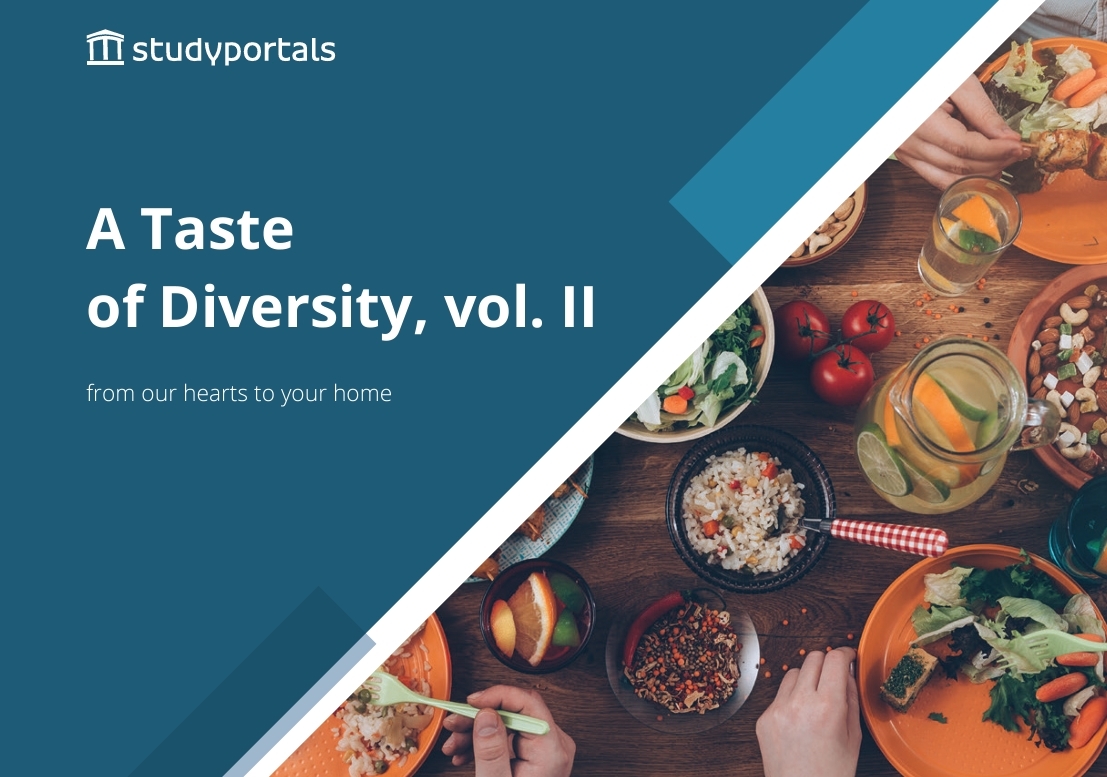WhatsApp – the new tool to boost your student recruitment ROI
Known as the tech-native generation, it shouldn’t come as a surprise that social media is not just a source of entertainment for Gen Z, but rather a lifestyle. Understanding what channels bring the most convenience, fun and meaning to their daily lives can help university professionals like yourself in your student targeting efforts. By realising where Gen Z chooses to invest its time and attention, you can improve your communication and reach.
Turns out that one of Gen Z’ers favourite apps is WhatsApp! With 1.5 billion monthly users globally, WhatsApp owes its success to its user-friendly interface and its delightful simplicity. It doesn’t overwhelm its users with unnecessary features while providing them with a platform to lead private conversations. Because WhatsApp fits so many of the Gen Z values and needs, this platform offers the perfect communication opportunity between students and universities, improving your institution’s global reach and positioning.
The biggest two advantages that this app currently presents are:
- being easy-to-use via its user-friendly interface;
- offering a high-security level, provided for its users via encrypted messages.
But apart from these two, WhatsApp offers other reasons to figure in your communication plans towards prospective and current students. By using WhatsApp, you will discover the potential to surpass traditional recruitment channels, especially in terms of recruitment ROI. Find out below why you should add this app to your communication toolbox:
1) It is convenient to use
You don’t have to keep an eye on your phone for incoming messages. WhatsApp offers a web-based service, which you can access on your browser, as long as your phone is connected to an internet source. This way, you can conveniently attach files from your computer, use the copy-paste function, forward and save information just as easily as on any other communication platform you currently use. Besides, your messages can integrate images, video, audio and live locations. You can also make direct calls to any part of the world for free. All these points contribute to the app’s versatility.
2) You don’t need a content strategy for it
As each social media channel follows its own style and algorithm for successful exposure, we can see how thinking of captivating platform-specific content can be a struggle. That is not needed with WhatsApp. The app spares you the effort of carefully planning a constant content stream towards students. That’s because WhatsApp has remained a channel solely used for communication purposes, encouraging a no ads policy and a no content newsfeed style. What it does offer you is simple, yet powerful – an opportunity to connect with your prospective students on a channel where they’re not bombarded with promotional information. Engaging with them in a one-on-one conversation gives you a more authentic, open and helpful image, qualities that appeal to Gen Z’ers.
3) You can use it for free
Unlike other chat apps where you have to create an account before you dive into using them, WhatsApp just needs to connect to a mobile number. That is why it might be a good idea to have a number entirely dedicated to student recruitment. This could be the mobile number that your university has displayed on its contact page or another one that serves this purpose. In any case, make sure to promote that number via your other social media channels, so that your audience is aware how they can reach you on this platform. A very important detail about displaying your WhatsApp number is: always include your country code, from the moment you connect your mobile to WhatsApp to every single time you need to share it.
4) It makes you more time-flexible
Communication via email can take weeks before a conversation is fully wrapped-up, especially in the context of admission emails, where answers can lead to subsequent questions. Emails can form a back-and-forth loop, that costs your staff’s precious time. Your prospective students belong to a generation that’s very keen on instant gratification, which is exactly why instant messages have so successfully taken over the way we communicate. Chat messages tend to be read within 3 minutes after being sent, and their average response time is 90 seconds. In other words, your usual email correspondence that goes on for days could now take you only 15 minutes. Quite honestly, we all love a quick, helpful and to the point-conversation, no matter what generation we belong to. Those prompt responses can be particularly favourable when conveying time-sensitive messages, such as application deadlines and time-bound documents.
5) It makes your approach personal
The cohort of young and vibrant people appreciates adding a personal touch to your communication efforts and looks for an individualised experience online. As Karlijn de Wit, online communications specialist and founder of NosCura points out, WhatsApp is a channel where your prospective students lead casual private conversations with their friends and family. Therefore, they feel comfortable to be themselves via these kinds of platforms. Reaching out to them in this friendly and familiar manner will certainly communicate more care and exclusivity towards them than any general Facebook post will. What’s more is that the vast array of emojis and gifs can make your messages more visually digestible, lighten up the mood with humour and emotions and increase your more natural and informal tone of voice.
Trying to connect to your students in a fast and effective manner via WhatsApp? How about trying more tools out that connect your institution to the right audience? Email us at consulting@studyportals.com to find out more.
Getting started with WhatsApp for your student recruitment is surprisingly easy. Just get a mobile number exclusively dedicated to this purpose, learn the available tips, promote it on your university’s social media channels and enjoy its benefits for your student recruitment ROI!
For more updates, follow us!





